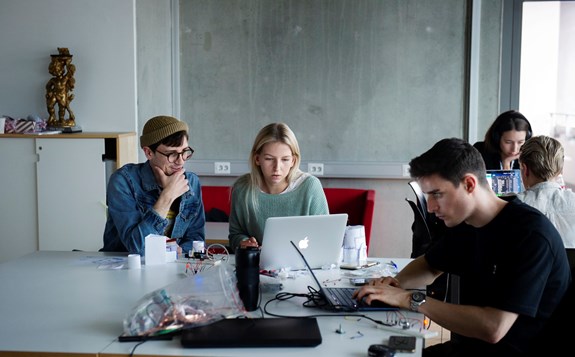FACULTY OF CULTURE AND SOCIETY | Dissertation defence
Dissertation defence – Juliana Restrepo Giraldo
Tuesday 6 May, 09:00 - 13:00
Niagara auditorium NI:C0E11, Nordenskiöldsgatan 1

Designing timespaces for Buen Vivir at home
Welcome to Juliana Restrepo Giraldo's dissertation defence. Juliana is a doctoral student at the School of Arts and Communication at the Faculty of Culture and Society.
Faculty opponent
Professor Laura Popplow, Köln International School of Design, Germany
Examining committee
• Professor Andrew Morrison, Oslo School of Architecture and Design, Norway
• Associate Professor Yoko Akama, RMIT University Melbourne, Australia
• Associate Professor Christina Zetterlund, Linnéuniversitetet, Sweden
• Professor Åsa Wikberg Nilsson, Luleå University of Technology, Sweden (reserve member)
Public defence chairperson
• Professor Per-Anders Hillgren, Malmö University, Sweden.
The dissertation defence will be held in English. The defence is open to all, and no registration is required.
Designing timespaces for Buen Vivir at home
Welcome!
Abstract
This work invites a re-examination of conceptions of home, design, and sustainability, emphasizing the interconnected relationships between the body, place, and Earth, and seeking
Buen Vivir embodies the idea of living in harmony with all beings and nature through principles such as relationality, complementarity and reciprocity. Rooted in the cosmovision
Drawing on the experiences of homemakers in various locations, particularly in Växjö, Sweden, and Medellín, Colombia, the research illustrates how relationality is already practiced

